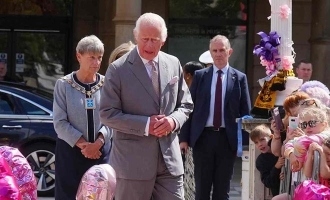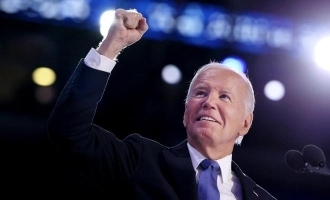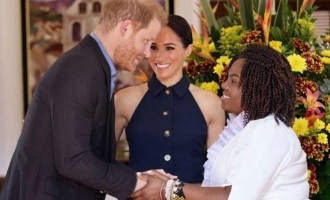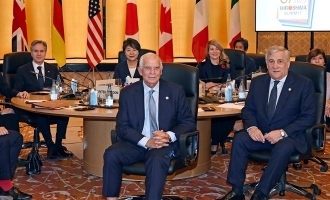NATO Suspends CFE Treaty as Russia Pulls Out, Heightening Security Concerns


Send us your feedback to audioarticles@vaarta.com


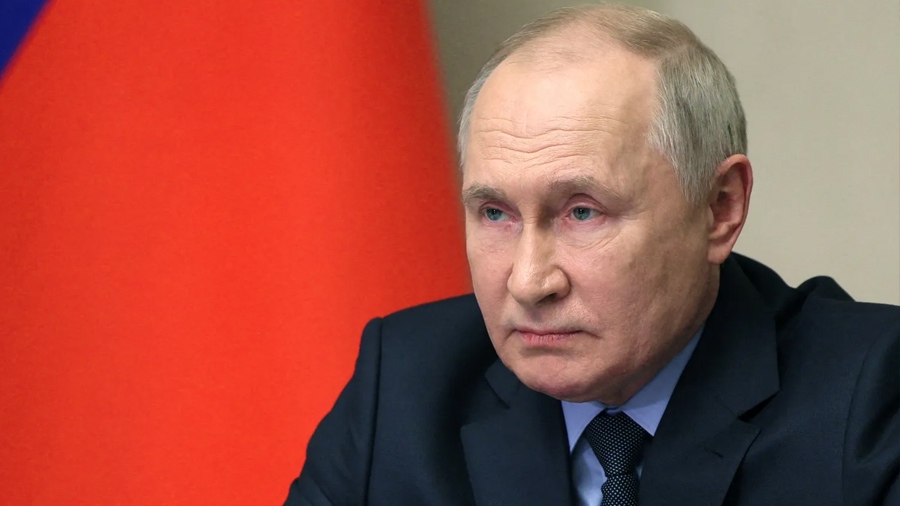
Amid the U.S. and Western allies' criticisms, Russia formally exited the Conventional Armed Forces in Europe (CFE) treaty on Tuesday, initially signed in 1990 during the Soviet Union's dissolution to establish equal limitations on military armor deployment in Europe. The move led NATO and the U.S. to swiftly suspend the CFE treaty.
Jake Sullivan, White House national security adviser, highlighted Russia's withdrawal as a sign of their disregard for arms control, especially given the nation's possession of the largest armed forces in Europe. NATO echoed this sentiment, stating that Russia's actions have disrupted Euro-Atlantic security by contravening critical arms control principles and undermining the international rules-based order.
The ongoing conflict in Ukraine has greatly impacted diplomatic progress between the West and Russia, with President Vladimir Putin previously suspending a crucial nuclear arms treaty with the U.S. and disavowing an atomic weapons testing ban.
Russia's Foreign Ministry maintained that negotiations with the West on the CFE treaty were impossible, citing the inability of NATO states and their associates to engage in discussions about the treaty. This formal withdrawal further illustrates the erosion of arms control efforts and international security, culminating in a situation where both parties' attempts at negotiations have reached an impasse.
Follow us on Google News and stay updated with the latest!
Comments
- logoutLogout

-

Aarna Janani
Contact at support@indiaglitz.com




 Follow
Follow
















-a3e.jpg)
-3c4.jpg)
-e5c.jpg)
-e66.jpg)
-71b.jpg)
-5d5.jpg)
-adc.jpg)
-798.jpg)

-7c2.jpg)













